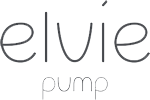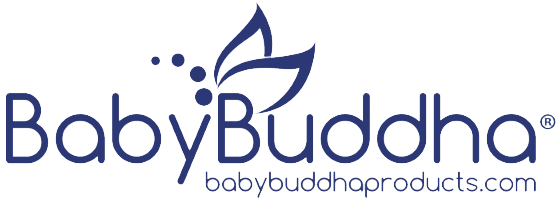
Feeding your baby can feel like a full-time job, especially in those first few weeks after birth when everything is new. And if you’ve ever found yourself mid-feed, quietly wondering, “Is my milk enough?” you’re definitely not alone. It’s a question many moms ask, even when things are going just fine.
Milk supply naturally works on a rhythm. Every time your baby feeds or you pump, your body gets the message to make more. While that rhythm is beautiful, it also asks a lot from you: rest, hydration, and yes, the right nourishment. Read More


Pregnancy is a beautiful journey, but it comes with its fair share of physical discomforts. For many mums, lower back pain is one of the most common struggles. It might show up after a long day on your feet or from simply sitting too long. You try stretching, adjusting, anything to find relief, yet that persistent ache keeps coming back.
If you’re going through this, know you’re not alone. In fact, more than 40% of pregnant women experience lower back pain, especially during the second and third trimesters. Read More


The moment you find out you’re pregnant, a whole new world opens up. You start imagining what’s to come: those first tiny flutters from within, the softness of baby clothes, maybe even your first bump photo.
Along with all the excitement, there’s a quiet wave of transformation beginning inside you. Your body is shifting in ways you might not have expected, stretching, softening, making space. And while much of it can feel magical, it can also feel unfamiliar, even overwhelming at times. Read More


The newborn stage can be tough, especially when it feels like your baby is feeding nonstop. You nurse them, and just when you think they’re done, they’re ready to feed again. It can be hard to tell if they’re hungry, needing comfort, or if it’s just a phase. All the frequent feedings can leave you feeling exhausted and unsure when it will end.
But you’re not alone in this; many moms experience cluster feeding with their babies, and it’s completely normal. Read More


Many new moms worry about their milk supply, and it’s a concern that’s more common than you might think. In fact, about 50% of mothers stop breastfeeding earlier than they planned because they believe their milk supply isn’t enough to meet their baby’s needs. It’s completely normal to feel overwhelmed by this.
One method that could help is power pumping. This technique mimics a baby’s natural cluster feeding, which can encourage your body to produce more milk.
In this mama talk, we’ll explain how power pumping works, when it can be helpful, and how to make it part of your routine without adding extra stress. Read More

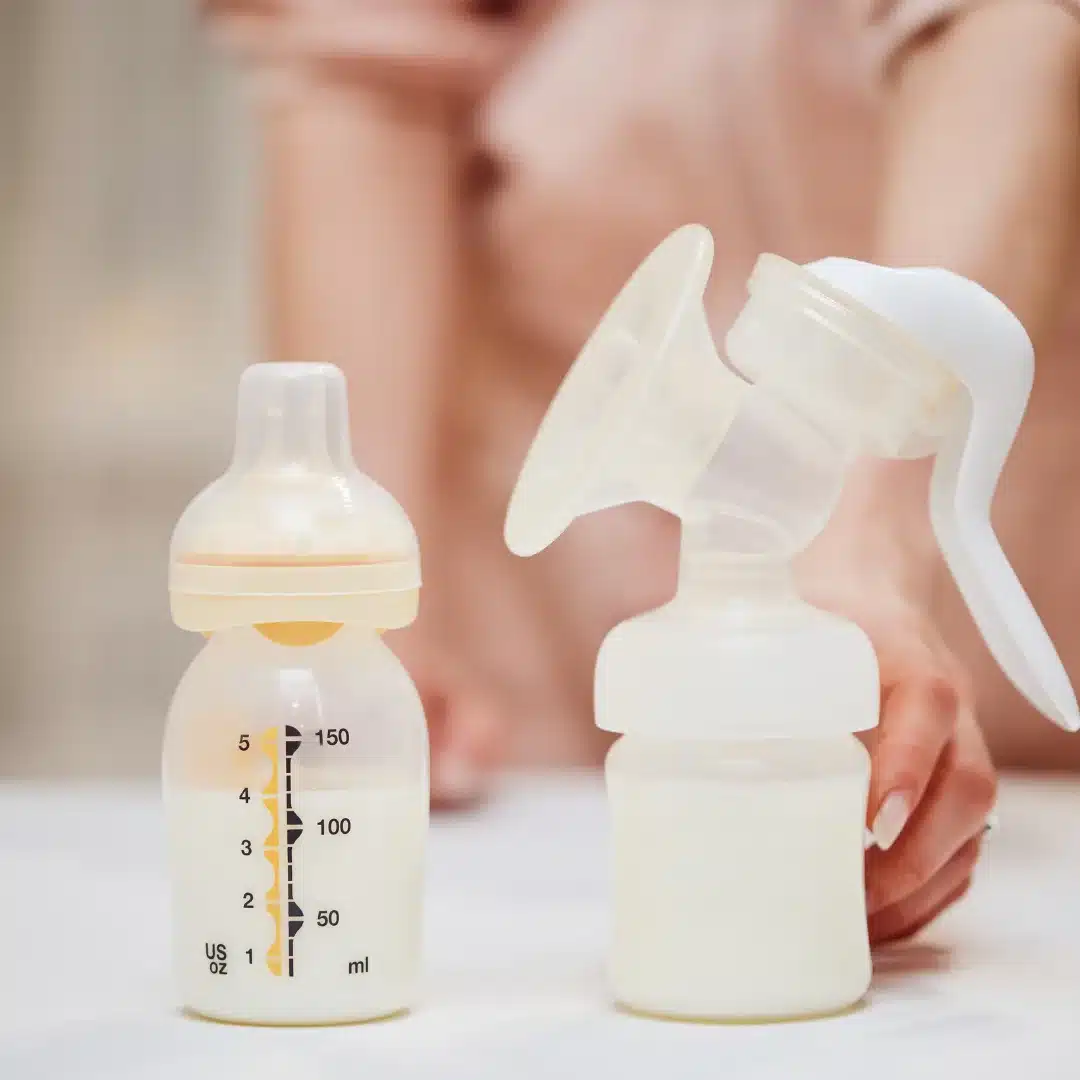
Let’s talk about something you might not have expected on your pumping journey: a strange (but totally normal) smell in your breast milk.Yep, it happens and here, nothing is off-topic and nothing is too embarrassing. We talk about it all, because you deserve real answers without judgment. If you’ve recently started breast pumping and noticed a change in the smell of your milk, you’re not alone and you’re not doing anything wrong. A common reason behind this surprising scent is high lipase activity. Read More

Let’s be real—breast pumps used to be a hassle. Bulky machines, loud motors, and the need to be plugged into a wall made the whole experience feel more like a chore than a convenience. But times have changed, and today’s pumps? Total game-changers.
Hands-Free, No Strings Attached:
Some pumps are completely wearable, fitting right inside your bra. No tubes, no wires, no need to sit still. You can pump while driving, working, or even chasing a toddler around the house. Most hands-free pumps come with rechargeable batteries, so you don’t have to worry about finding an outlet. Read More

Breast pumping can be a game-changer for new moms, offering flexibility, convenience, and the ability to share feeding responsibilities. Whether you’re returning to work, building a freezer stash, or exclusively pumping, having the right pump and knowing how to use it effectively can make all the difference. Here are two of our essential tips to help you navigate breast pumping with confidence.
Choosing the Right Breast Pump: Not all breast pumps are created equal, and the right one for you depends on your specific needs and lifestyle. Read More


Sleep Apnea During Pregnancy May Leave You Feeling Very Tired
Pregnancy brings a host of ailments with it, from nausea to hip pain to poor sleep. What some pregnant women don’t realize is that some of the bad sleep cam be from sleep apnea.
Most women who are pregnant and suffering from sleep apnea don’t even realize it, but sleep apnea is a common condition that affects 50-70 million adults in the US. Sleep apnea causes the throat pathway to narrow due to muscles relaxing so much during sleep that oxygen cannot pass through. Read More

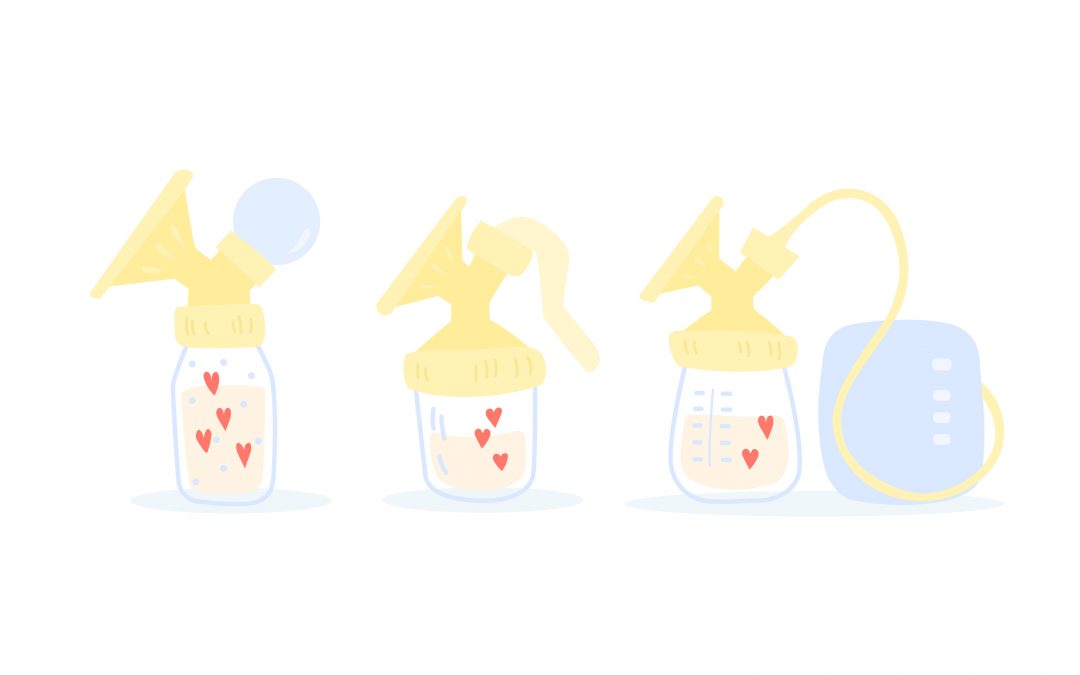
Our 4 Most Popular Breast Pumps
When mamas are ready to start thinking breast pumps, it can often be overwhelming to dive into all the categories. There’s a lot to know about breast pumps to be able to choose the best one for you. We delve into some of the more technical aspects in other blog posts.
Click here to read about open vs. closed systems.
Click here to read about how to choose the best breast pump for you, including factors such as weight, sound, hands-free, and more! Read More

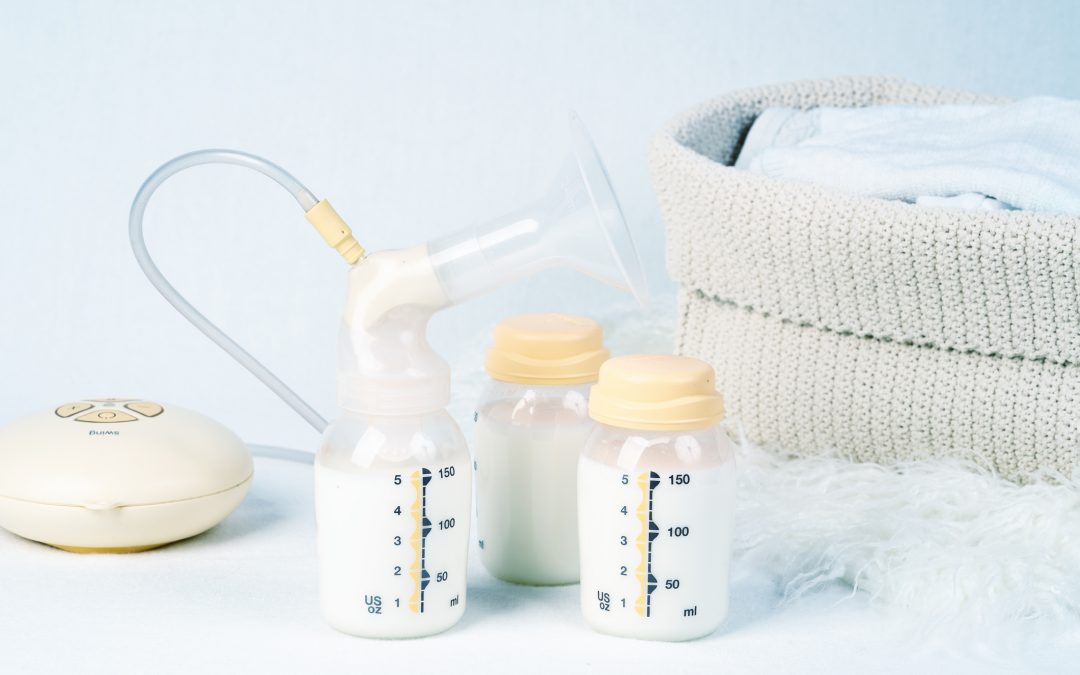
If you’re on our site, you know you can get your breast pump covered through insurance, but did you know that moms may be eligible for replacement parts and breast milk storage bags?
If you would like to receive replacement parts and breast milk storage bags, contact us and we will work with your insurance company to determine if you are eligible.
New breast pump supplies matter for a few reasons.
- New supplies can help reduce bacteria and mold build-up
- New supplies help make sure your pump is working at maximum capacity
- Over time, parts can become warped or damaged
That’s why we offer monthly replacement parts at Insurance Covered Breast Pumps. Read More


3 Tips to Help You Prepare to Breastfeed
We’ve said it before and we’ll say it again, nothing can prepare you for the shock of becoming a mother. However, there are some tips and tricks that will help you make the transition from pregnant mom-to-be to breastfeeding-badass.
1. Take a class
Whether it’s online or at the hospital, taking a breastfeeding class can make a huge difference in the level of confidence you feel when you start nursing. Here are some important things you will learn at a breastfeeding class:
- Different hold positions and how they should look
- What shape a baby’s mouth should look like before attempting to latch
- What a good latch should look and feel like
- Important vocabulary such as: latch, let down, engorgement, and more
Having this knowledge in your back pocket will make the entire breastfeeding experience feel less scary and more familiar as you navigate being a new mom and learning to breastfeed. Read More








